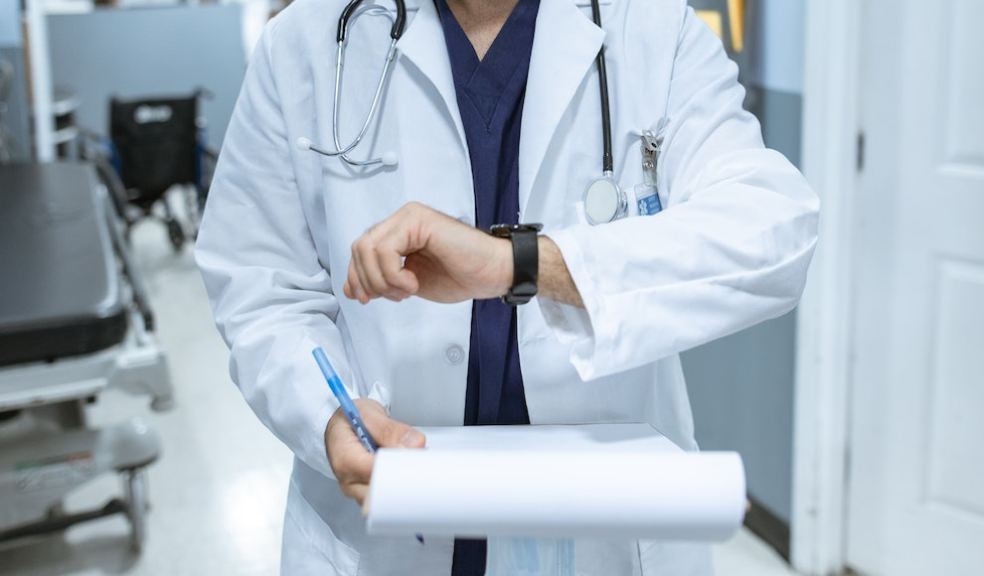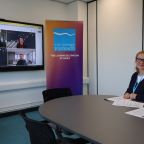
How Doctors in Training can Gain Relevant Work Experience
The work of a medical doctor isn't a walk in the park. This job requires a high sense of responsibility, hard work, and dedication. So, to meet the high standards expected of a medical practitioner, medical students must take training seriously. Training can help in many ways, and one of its most crucial aspects is the accumulation of relevant work experience required to become a medical professional.
If you're an aspiring medical doctor looking to gain useful clinical experience, the following are the best ways to get them:
- Leverage Internship Program
Internships provide students with an opportunity to work directly in a medical setting and learn from it. With it, medical students and doctors alike can earn valuable experience and learn the best practices from veteran medical professionals before they launch their careers in the field.
You can also look at opportunities to complete an internship abroad through not-for-profit organizations like International Medical Aid, which can provide you with a great deal of exposure. However, keep in mind that the admissions process for some international internship programs can be rigorous. If this is an opportunity you’re considering, make sure to allot plenty of time for planning and preparation.
- Volunteer in a Hospital
A lot of medical students interested in gaining experience will gladly walk into a hospital and ask if they can work for free. If you're one of them, this is one of the fastest ways to get started on a clinical experience. Hospitals deal with different kinds of patients and cases. Seeing how they’re approached, managed, and go through the actual treatment processes will show you the most common scenarios you’ll likely encounter when you become a licensed doctor.
You may also have the opportunity to work in the laboratory to help carry out some tests, interpret test results, and advise patients based on them. In addition, it will help you improve the way you communicate with patients.
- Shadow a General Practitioner
General practitioners have completed their medical training and are qualified to diagnose and treat most illnesses. They may also be referred to as a GP, family doctor, or primary care physician. Shadowing a GP is an excellent opportunity for you to get an insight into their daily routine in a healthcare facility.
However, keep in mind that they usually have limited time due to appointments and other commitments that could come up during the day, so make the most of your time learning from them when they’re available.
- Work in a Youth Club
There are many youth clubs where you can acquire work experience from. Local sports teams, summer camps, and boy scout groups often need a medical team to deal with emergencies like in the case of injuries. If you can work as an assistant at any youth club, you can gain work experience with children and teenagers. This will be especially helpful if you’re thinking of going into pediatrics after your medical training.
- Become an EMT
Working as an emergency medical technician (EMT) is a valuable opportunity for aspiring doctors to gain practical experience in emergency medical care. EMTs respond to emergencies, assess patients, and provide immediate treatment, often under pressure. This hands-on experience allows aspiring physicians to develop essential skills such as patient communication, teamwork, clinical decision-making, and critical thinking.
Exposure to diverse medical situations, including trauma and acute medical conditions, helps build a strong foundation for future medical training. In addition, EMT work prepares future doctors for real-world challenges and is an excellent practice for thinking on your feet during critical emergencies.
- Working in Disability Centers
Working in disability centers is one of the lesser-known ways doctors in training can gain relevant work experience. These centers provide vocational rehabilitation and supported employment programs for people with disabilities. Here, you can enhance your skills by working with various types of disabilities across different age groups.
You’ll learn different approaches of support, like assistive technologies and adaptive equipment. Additionally, you can develop better problem-solving skills that will help you create tailored care plans for patients with unique disabilities and needs. This experience fosters cultural competence and a deeper understanding of the challenges faced by disabled individuals.
Final Thoughts
There are many ways in which doctors in training can gain relevant work experience in the medical field. With the right experience, you’re laying the foundation for a successful medical career. On top of that, it can also be the key to unlocking your potential as a future medical practitioner that can make a difference in the lives of countless patients.











